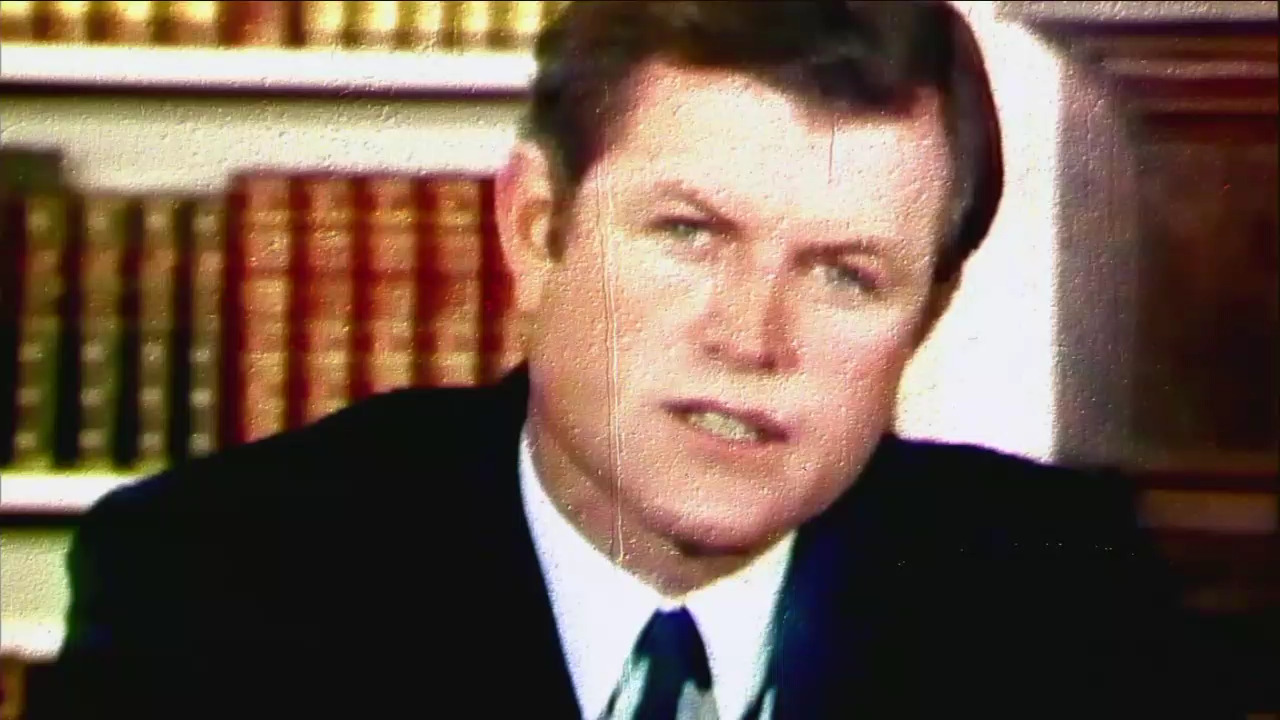 Never change, New York Times. The so-called “paper of record” on Friday used the death of Robert Kennedy’s granddaughter as a way to bring up Chappaquiddick and call it “another Kennedy family tragedy.”
Never change, New York Times. The so-called “paper of record” on Friday used the death of Robert Kennedy’s granddaughter as a way to bring up Chappaquiddick and call it “another Kennedy family tragedy.”
And while the death of young Saoirse Kennedy Hill, as well as the assassinations of John F. Kennedy and Robert Kennedy are, indeed, family tragidies, Chappaquiddick was a calamity for Mary Jo Kopechne, the woman Ted Kennedy abandoned and left to drown. He wasn’t the victim.
Writers Katharine Q. Seelye and Jonathan Martin’s story on Ms. Hill detoured to the 1969 incident: “Last month marked the 50th anniversary of Chappaquiddick, another Kennedy family tragedy that took place when Edward Kennedy drove off a bridge on a small island next to Martha’s Vineyard.”
Belatedly, the two journalists added, “The accident killed Mary Jo Kopechne, the 28-year-old passenger in Mr. Kennedy’s car.”
The morning shows all covered the sad death of the Ms. Hill. On Good Morning America, Whit Johnson noted, “It's another sad chapter in the Kennedy family legacy.” On CBS This Morning, Anthony Mason opened the show this way: “Another tragedy for the Kennedy family.” On NBC’s Today show, co-host Savannah Guthrie began, “Breaking overnight: Kennedy family tragedy.”
But, unlike the Times, none of these networks tried to lump in Chappaquiddick and Kopechne’s death as an example of a “tragedy” for the Kennedys.
This isn’t new for the paper though. In 1969, Times journalist James Reston wrote the initial story on Chappaquiddick. The MRC’s Brent Bozell and Tim Graham explained in 2015:
Reston’s first draft on Chappaquiddick began “Tragedy has again struck the Kennedy family.” The actual victim was submerged in paragraph four. Luckily, the Times edited it to put the actual victim in the lede. When Kennedy spoke to the nation with his dishonest narrative about what happened, Reston was oozing again, that Teddy was a “tragic ‘profile in courage.’”
This past July 16, marked the 50th anniversary of Chappaquiddick. Even though Kennedy left Kopechne to drown, journalists, for decades, downplayed the incident and portrayed the senator as the victim.
In 1999, another Times reporter, Adam Clymer, wrote a gushing biography of Kennedy. He hailed, “His achievements as a Senator have towered over his time, changing the lives of far more Americans than remember the name Mary Jo Kopechne.”
For more on how the media covered up and spun for Kennedy after Chappaquiddick, go here.




